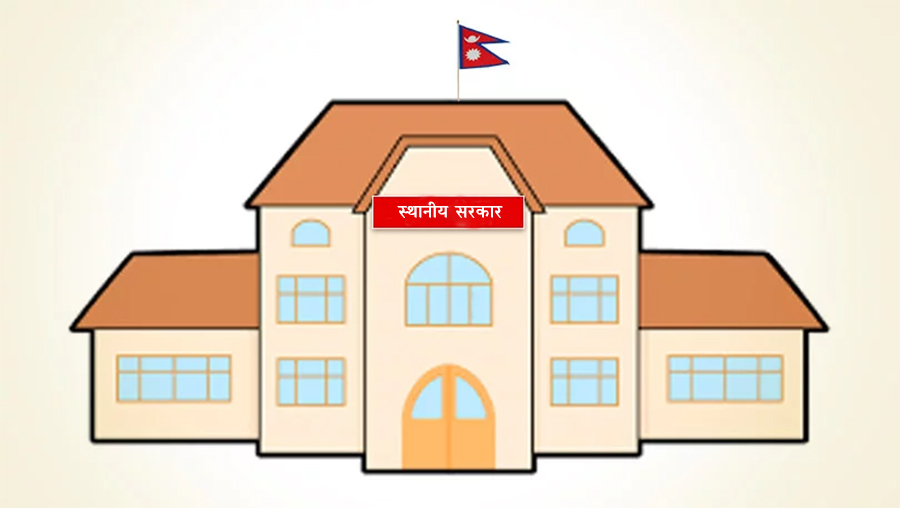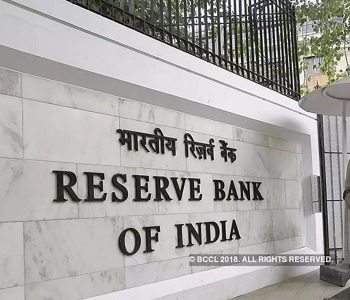Provinces and local levels to receive Rs 156 billion in revenue sharing for next fiscal year

KATHMANDU: Nepal’s provinces and local governments are set to receive a combined budget of approximately NPR 156 billion through revenue sharing for the upcoming fiscal year 2082/83 (2025/26). This decision follows a Cabinet meeting held on Chaitra 18 (April 1, 2025), which approved the detailed framework and basis for revenue distribution to provincial and local levels from 2082/83 to 2086/87. The meeting also endorsed the estimated revenue-sharing amount for the lower tiers of government for the next fiscal year, allocating NPR 78.085 billion equally to both provinces and local governments.
Under Nepal’s federal structure, revenue collected by the central government—specifically from the Value Added Tax (VAT) on internal production and excise duties—is distributed among the three tiers of government. The federal government retains 70% of this revenue, while the remaining 30% is split equally, with 15% allocated to provinces and 15% to local governments. Additionally, vehicle taxes are collected directly by the provinces.
For the current fiscal year 2081/82 (2024/25), NPR 159 billion was allocated under revenue sharing. In the previous fiscal year 2080/81 (2023/24), NPR 142.96 billion was distributed, according to the Ministry of Finance. However, the government has often fallen short of its revenue collection targets, resulting in lower-than-expected disbursements.
The National Natural Resources and Fiscal Commission submitted its recommendations for revenue sharing from 2082/83 to 2086/87 to the Government of Nepal on Falgun 11, 2081 (February 23, 2025). The previous recommendation, valid from 2077/78 to 2081/82, expires this fiscal year, paving the way for the new framework.
The commission has revised its earlier methodology, introducing changes to the basis and structure of revenue distribution. Key indicators for allocation include population, geographical area, Human Development Index (HDI), expenditure needs, revenue collection efforts, infrastructure development status, and special circumstances.
Population and area carry the heaviest weight in the formula, with population assigned a 55% weighting in the new framework—down from 60% in the previous recommendation. The commission noted that higher populations increase service delivery demands, thereby raising expenditure needs for provinces and local governments.
The commission emphasized that provincial and local governments should primarily rely on revenue collected within their jurisdictions for administrative expenses. Revenue-sharing funds are intended to supplement these efforts when local resources are insufficient. In addition to revenue sharing, the central government provides four types of grants to lower tiers: fiscal equalization grants, conditional grants, special grants, and complementary grants. Fiscal equalization grants are unconditional, while others come with specific conditions set by the central government.
The Cabinet meeting on Chaitra 18 also approved the fiscal equalization grant amount for the upcoming fiscal year, totaling NPR 149.62 billion. Of this, NPR 60.66 billion will be transferred to provinces, and NPR 88.96 billion will go to local governments, as per the Fiscal Commission’s recommendations and Ministry of Finance data.
Provincial Allocation Breakdown for 2082/83
Among the provinces, Koshi Province will receive the highest revenue-sharing amount at NPR 12.396 billion, followed closely by Madhesh Province with NPR 12.358 billion. Lumbini Province will receive NPR 11.86 billion, Bagmati Province NPR 11.52 billion, Karnali Province NPR 10.27 billion, Gandaki Province NPR 9.79 billion, and Sudurpashchim Province the least at NPR 9.87 billion.
Local Government Highlights
Among local governments, major metropolitan cities will see significant allocations: Kathmandu Metropolitan City is slated to receive NPR 359.4 million, Pokhara Metropolitan City NPR 330.8 million, Bharatpur Metropolitan City NPR 319.1 million, Birgunj Metropolitan City NPR 237.8 million, Lalitpur Metropolitan City NPR 204.3 million, and Biratnagar Metropolitan City NPR 205.2 million.
This revenue-sharing framework aims to empower provinces and local governments to address their unique needs while fostering fiscal discipline. However, experts note that achieving the projected revenue targets remains a challenge, potentially impacting the actual disbursements in the coming fiscal year. The updated indicators and allocations reflect a strategic effort to balance population-driven demands with developmental priorities across Nepal’s diverse regions.














Facebook Comment